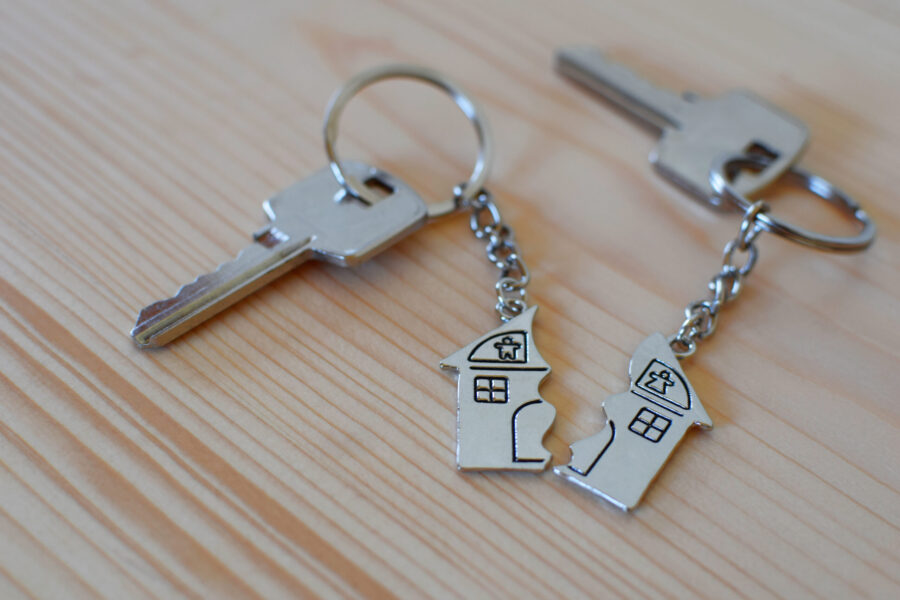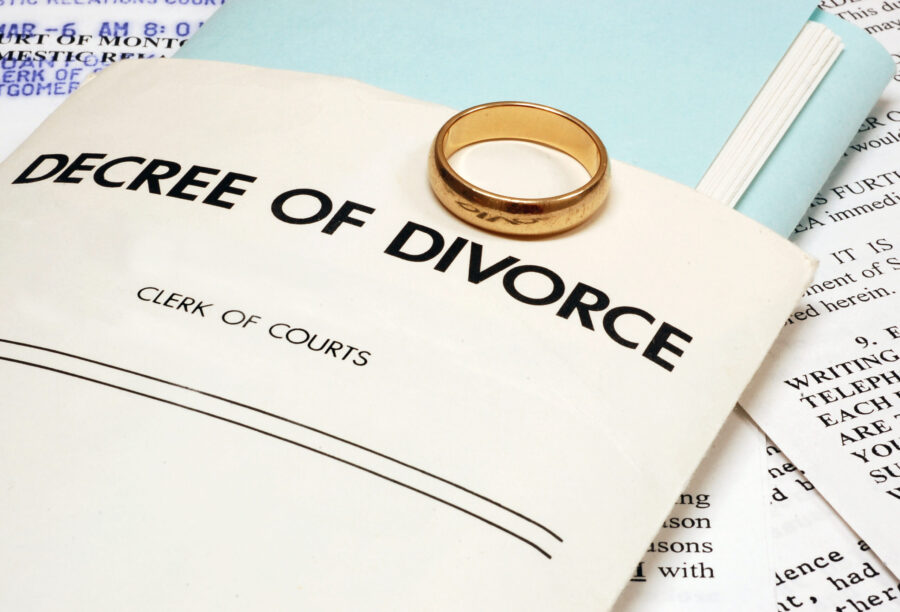For couples untangling their shared life, the presence of a business in the marital assets…
Five Things Everyone Should Know About Asset Division in Virginia

Are you facing a divorce and wondering what will happen to your hard-earned assets? From who gets the family home to splitting up retirement savings, asset division is a tricky subject. We can help. At Pincus Goodman, P.C., our Virginia Beach divorce lawyers know the ins and outs of Virginia’s asset division laws. This blog reveals the top five things you should know about dividing assets in a Virginia divorce.
Equitable Distribution of Marital Assets
In Virginia, equitable distribution is a legal principle that aims to divide marital assets and debts fairly between spouses during a divorce. But fair doesn’t always mean a 50-50 split. Instead, the court considers various factors to ensure each party walks away with a just and reasonable share.
Shared Assets vs. Separate Assets
In Virginia, a couple’s assets are typically categorized into two categories: shared (or marital) assets and separate assets. Shared assets are those acquired or earned during the marriage, including things like the family home, cars, and bank accounts. These are the items that the principle of equitable distribution applies to. On the other hand, separate assets are things you owned before the marriage or received as a gift or inheritance solely in your name during the marriage. Separate assets usually remain with the original owner and are generally not subject to division.
Who Gets the House?
Your family home isn’t just a building; it’s a place full of memories, making it an emotional focal point in any divorce. But when it comes to who gets to keep the marital home in Virginia, emotions have to take a backseat to the law and the principle of equitable distribution. Several factors come into play when a court is deciding which spouse will retain the home, such as:
- Each spouse’s ability to maintain the home financially: If one spouse has a significantly higher income, that might tip the scales in their favor.
- Children’s needs: If children are involved, their needs and stability become a major consideration.
- Contribution to the home: Financial contributions towards mortgage payments, maintenance, or even the initial down payment can be important. But contributions aren’t just financial; the courts also consider each spouse’s time spent homemaking and raising kids.
- Spousal agreement: If both parties can agree on who gets the house, the court will likely honor that agreement, provided it’s fair and reasonable.
How Child Custody Affects Asset Division
Child custody decisions can significantly impact how assets, particularly the family home, are divided in a Virginia divorce. If one spouse receives primary custody of the children, there’s a stronger case for that spouse to keep the family home. Courts prioritize the well-being and stability of children, and keeping them in a familiar environment can be a vital part of that.
However, keeping the home also comes with financial responsibilities like maintenance, mortgage payments, and property taxes. Courts will consider whether the custodial parent can realistically manage these obligations when deciding who gets the house.
Fault Can Impact How the Courts Divide Marital Assets
In Virginia, marital fault can affect how assets are divided during a divorce. While the focus is generally on equitable distribution, cases involving fault—such as adultery, abuse, or abandonment—can influence the court’s decisions. For instance, if one spouse has engaged in adultery, the other spouse may have a stronger case for receiving a more favorable share of the marital assets. It’s not a guarantee, but fault can tip the scales when the court weighs what’s fair and just.
Asset division is one of the most complicated and contentious aspects of any Virginia divorce. The key to protecting your rights is to hire an experienced and driven attorney who can guide you through this process, such as those at Pincus Goodman, P.C. Call (757) 301-9634 or complete our contact form for a free consultation.





